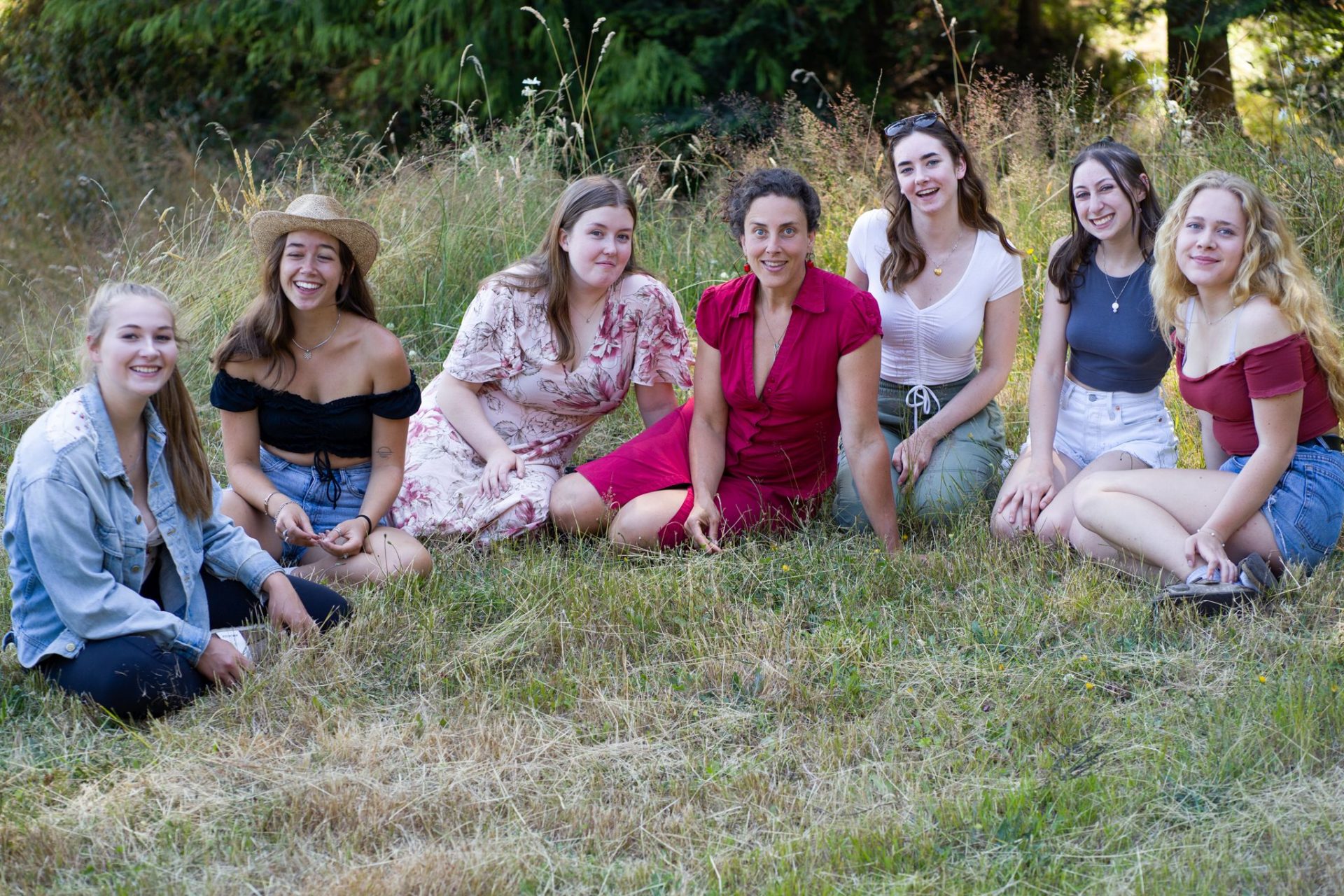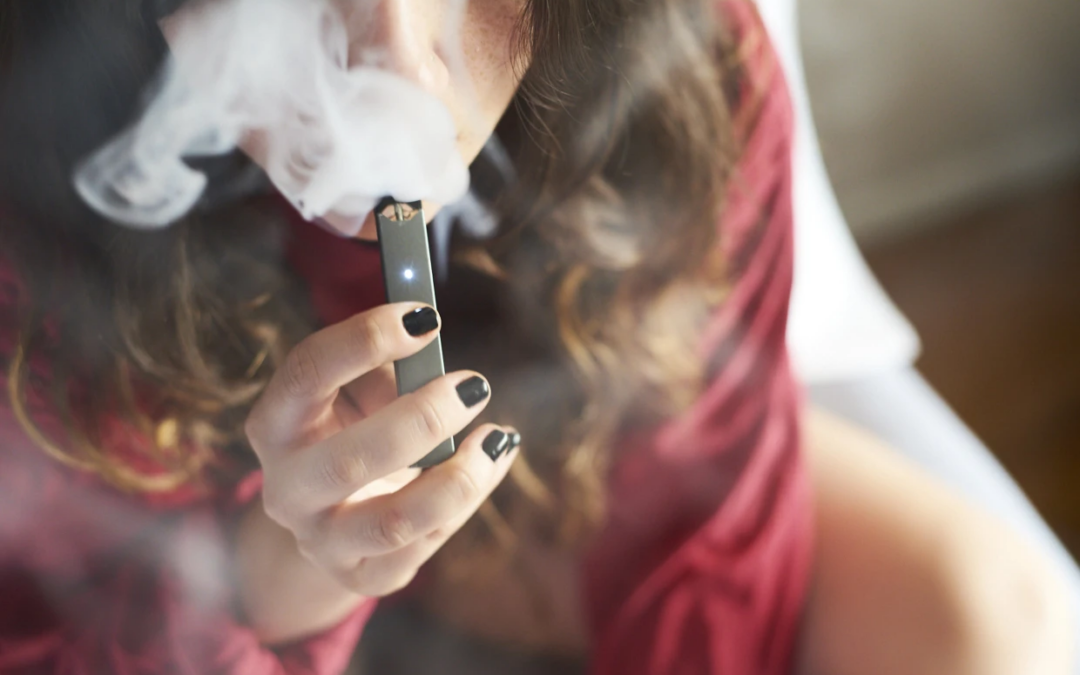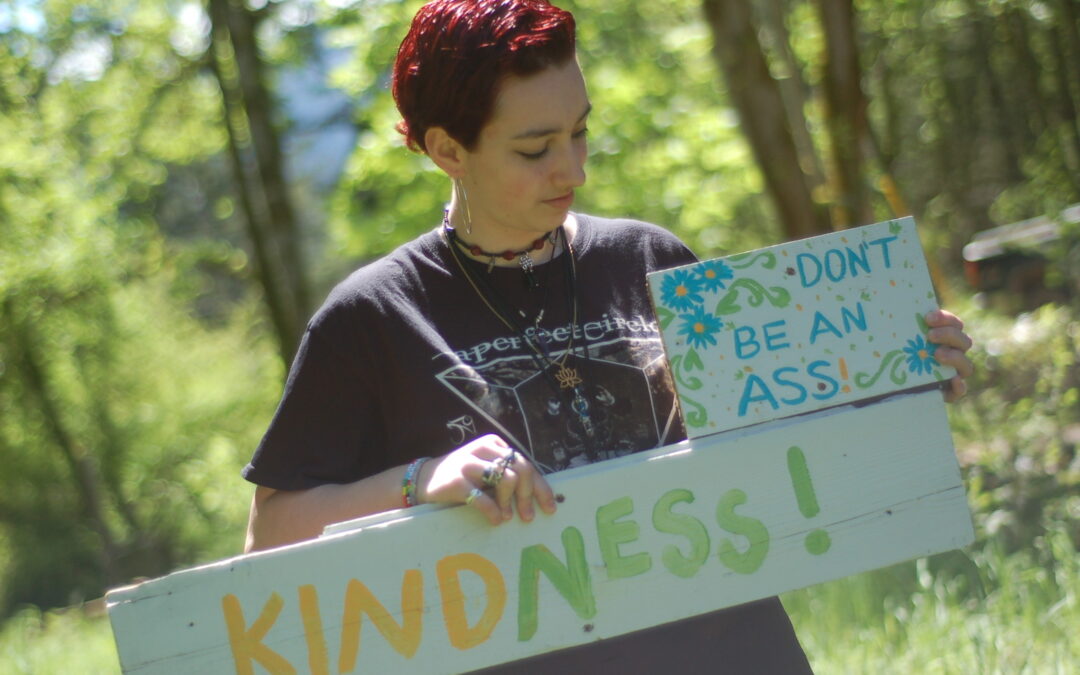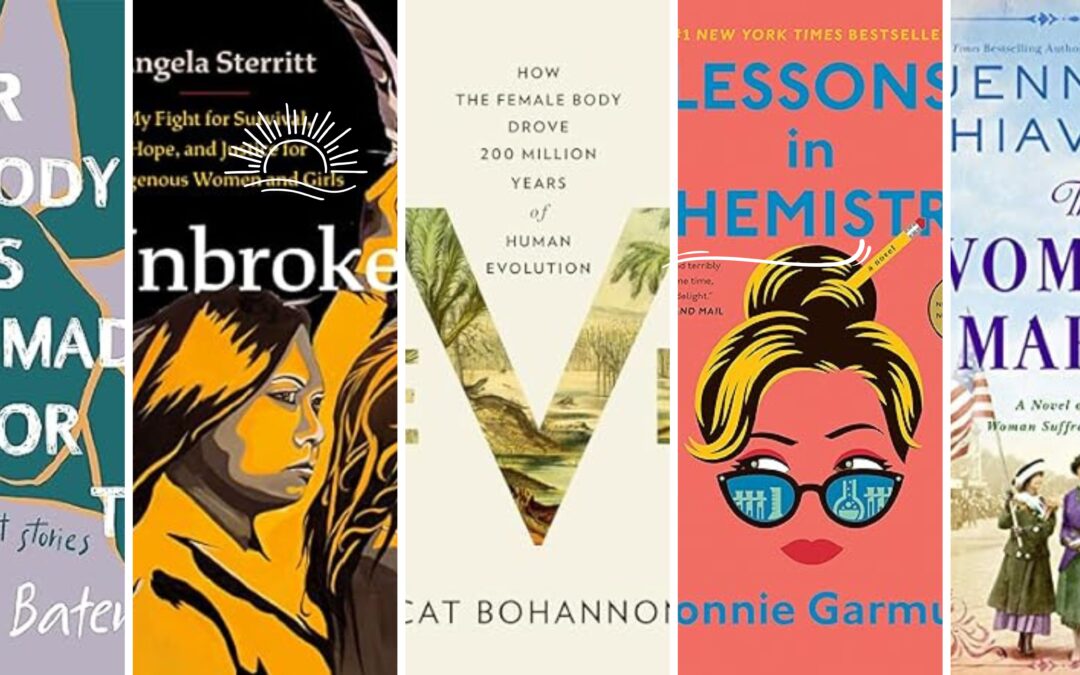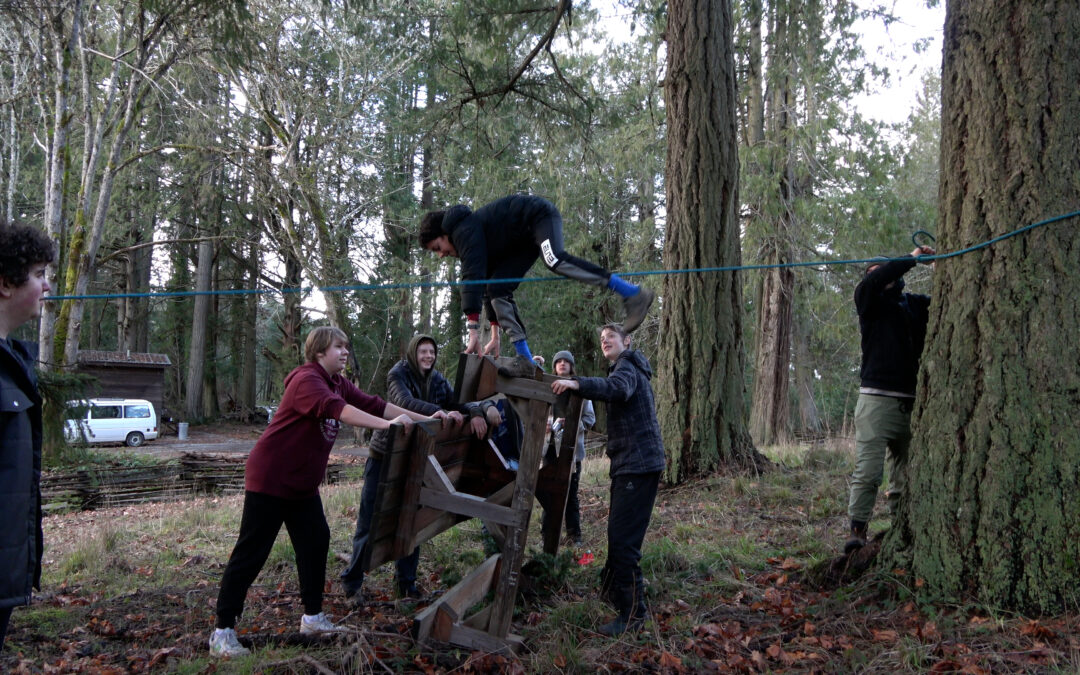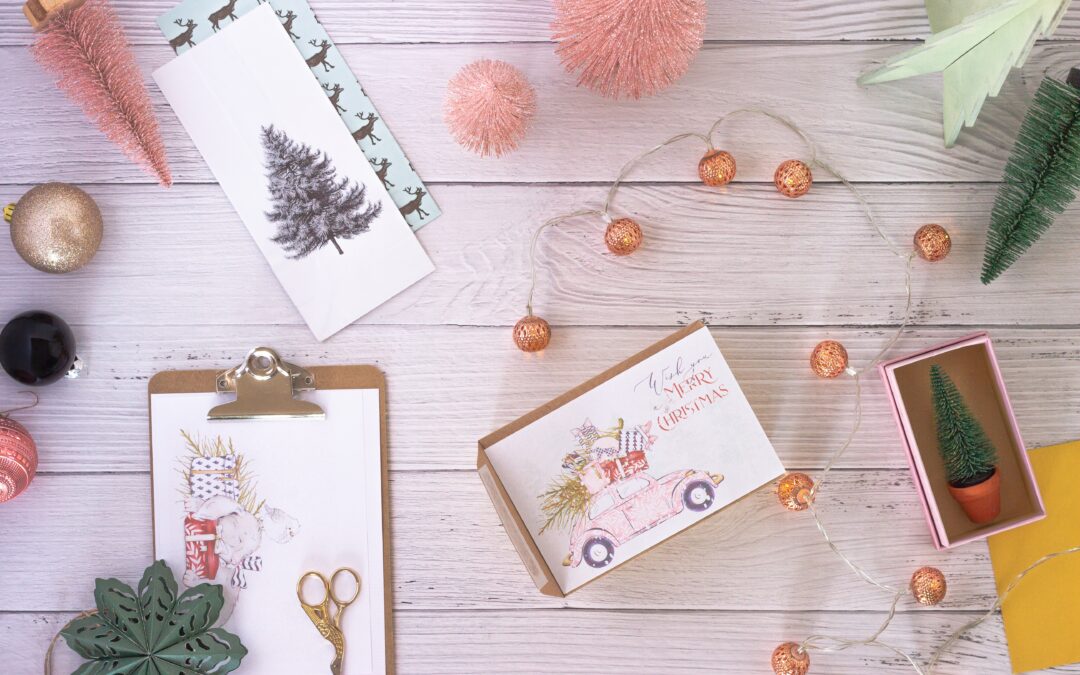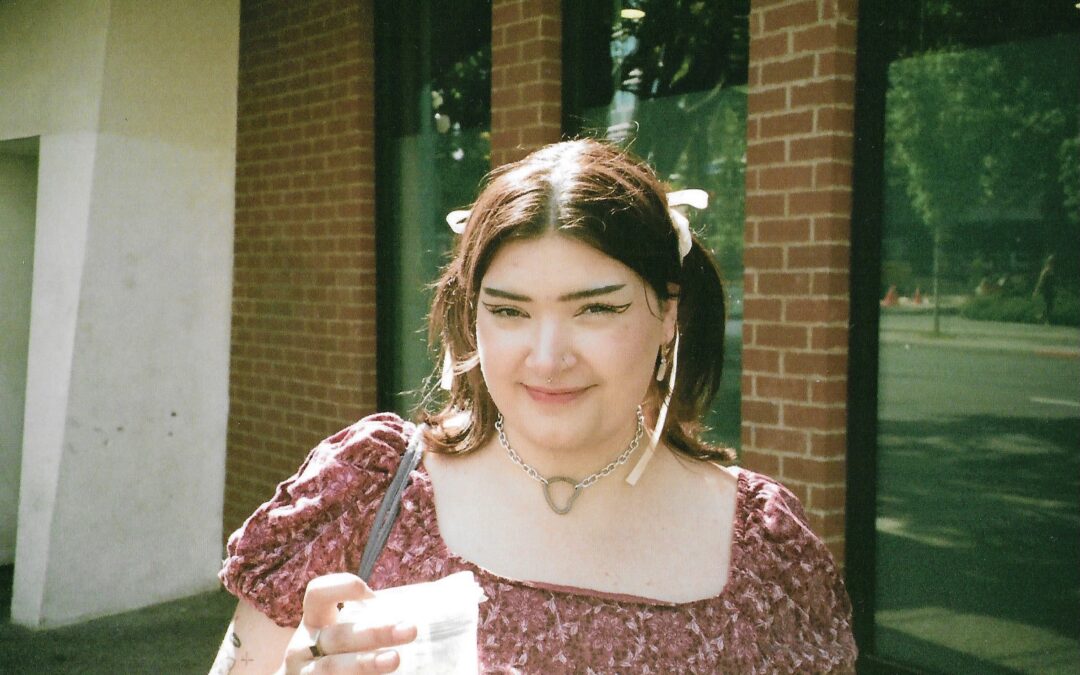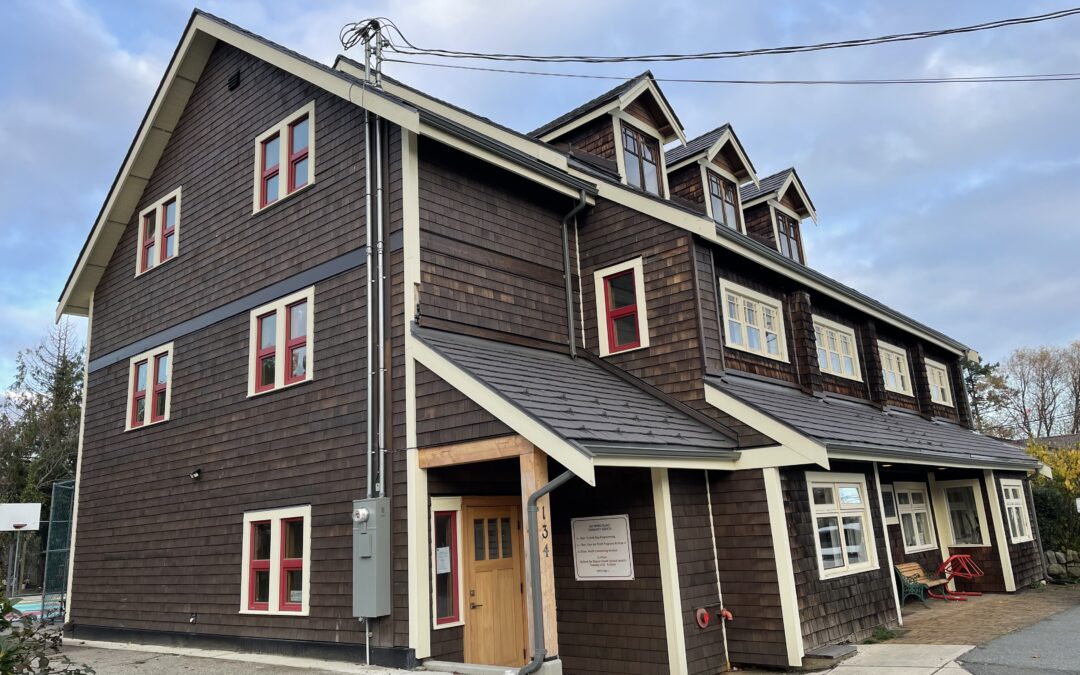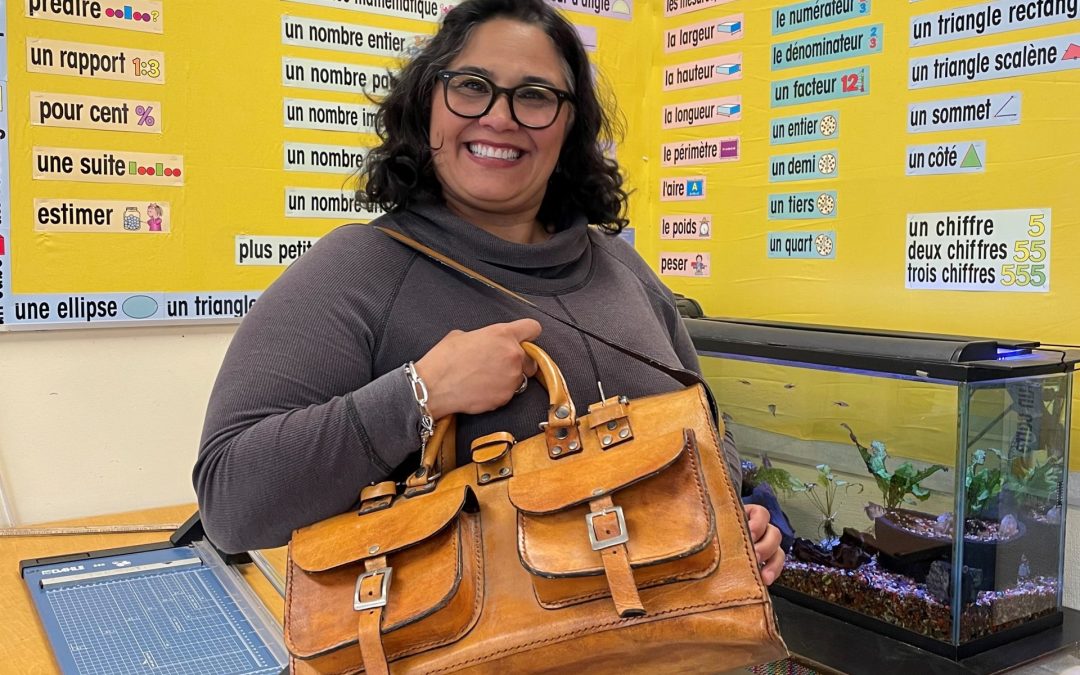Kate Nash has been our Programs and Development Coordinator and the facilitator of the Pass It On and Respect programs for more than ten years. Adele Mark, our Marketing and Communications assistant at The Circle interviewed Kate to hear her reflections on her work for the Circle over the past decade.
What led you to start working as a facilitator with The Circle?
Before having kids, I worked at the YMCA in Victoria, where I did after-school care and one-on-one support for kids with disabilities. It really clicked. I knew I had to work with kids because really, I’m still a kid. I understand them. It just makes sense. When I got pregnant with my first child, I moved to Salt Spring and got connected with the Circle. At that point, they had run a pilot version of Pass It On and were looking for a facilitator to take on the first full year of the program. When I got interviewed for the position, Abby Sherwood was the youth that was on the hiring team. Many people applied, and they all had a lot more university experience than I did. But when it came down to asking Abby who she thought would be the best candidate, she told them that they had to pick me because I was the only candidate that young people would want to talk to. To this day, I thank Abby Sherwood because she made my career and my life, because this work is my life.
What gets you up in the morning? What does a typical Tuesday look like to you?
Coffee and obligation get me up in the morning. I hop out of bed quickly and make myself a delicious coffee with butter and cream to share with my husband, Kipp. I value that time with him every morning. Then, my kids have to get places and there are things to do around the property. After my morning routine, I get my head in the Pass It On game. By noon I’m sitting down to plan the session. Then, I usually have a lunch date or talk on the phone with a few Pass It On girls to check in with those that need it. I meet Indigo, our volunteer facilitator, at 2:30 pm and we have a deep check-in about where she’s at in her life and relating that back to the conversations we’re having in the circle. Indigo and I make tea for the girls. At 4:10 pm, we’re at the high school and everyone is arriving and getting their snacks. And then we get into it. We have our check-in, session activities and discussions, and we finish with the check-out. It’s a really rich, group conversation where we get to hear everybody’s thoughts.
Why is the work you do important?
I’ve never felt the importance of the program to such a degree as I have during this year with the pandemic. This year most of the girls in the group don’t have the opportunity to sit with their peers. They hunger for connection and communication. This program is also important because it gives young women a space to be vulnerable, connect and build trust with others and ultimately build self-confidence. Self-reflection in the circle helps you become aware of what you need, how to practice self-care and how to make amazing choices for yourself. With self-discovery and vulnerability is also how we combat violence and abuse. In that safe space, if somebody feels safe enough to speak of their bias or prejudice and they’re met with compassion, instead of with shame or anger, they’re going to change their mind.
Can you speak to the connection between Pass It On and social-emotional learning?
Social-emotional learning is about empowering youth with the tools to grow more confident, make safe choices and succeed in life. Pass It On does exactly that. I’ve never seen a young woman walk away from Pass It On and not have grown in confidence, the key ingredient to success. Through self-reflection, listening to others’ perspectives and sharing thoughtful conversation, participants get to know themselves and their needs better. They grow more confident in themselves which allows them to embark on educational challenges and life challenges with a sense of self-worth and ability. You learn to think to yourself, “Hey, I’m going do okay on this math test” or “I can say no to Hank when he’s pushing himself on me” or “I don’t have to smoke pot at lunch.” You learn to make choices that reflect how you really feel. The simplicity of a safe setting and the ease of sharing is life-changing. That’s why I think social-emotional learning should be integrated into all students’ day-to-day life.
How does the work you do for The Circle translate into your own life?
This work changed my life. It has made me see my worth and my skills. It makes me more accountable in my actions with my children. It makes me more honest in my relationship with my husband. It makes me more accountable to my community because I feel like I have something to offer. And I feel like I am an advocate for young people. And that feeds me because I don’t feel like young people have a voice or are really that respected in our society. Young people have what I call fresh knowledge. Hearing their perspectives has me constantly re-examining my perspectives. In issues relating to gender, sexuality, racism, and relationships, I’m constantly having to check my story. It’s a gift.
What is the most challenging part of your role?
The most challenging part is that people don’t place enough importance, support or funding on young people’s social-emotional well-being. We’re constantly begging for more funds to run programs. I haven’t yet run a program – and I’ve run a lot of programs – where participants didn’t leave wanting more, where teachers didn’t want it in their classrooms again and where the school didn’t love it. Everybody thinks is valuable. Everybody thinks it is really important. But who is going to pay? The second most challenging part is advocating for youth and their rights. People think youth are out in the world vandalizing and spreading COVID-19 when in reality there are so many amazing, respectful, kind and courteous young people in my community. In our rural setting, there’s a general lack of knowledge of youth needs and community support. They have nowhere to hang out at night. There aren’t any community centers or concerts or a downtown core to enjoy arts and culture or just simply spaces to hang out. And there isn’t reliable and safe public transportation to get them there. They are stuck. They go to the beach or the park and with little inspiration, they intoxicate. What do you expect from them? We’re not offering them anything else. And then we’re disappointed with their lack of effort when it is us who is not showing up for them. That is why there needs to be more recognition and knowledge of programs like ours, that not only give youth a space to hang out but also a space to use their voices and advocate for what is important to them.
What is the proudest moment you have had while working for The Circle?
Last year, I got to do the Respect Project all on my own. That was massive because that program’s always been run by two people. I delivered the program to all the Grade 8 classes at the middle school. Some of the students in these classes were generally pretty apathetic, stand-offish and disconnected from one another. But they liked me. And they listened. And they participated. They all talked to each other. At one point, we went around the circle and they all said one thing that they liked about each other. They weren’t divided anymore but united. Amazing moments like these make me realize that this program is impactful for both the keeners and the doubters.
A couple of years ago, you wrote a blog post for The Circle that said, “Confidence is built with experience, but it’s shaped by acceptance. When we feel safe enough to expose our weaknesses and vulnerabilities, and then we’re still accepted and even loved, our confidence grows and with it our level of care for ourselves and others.” Do you still feel the same way? How does Pass It On facilitate this process?
That sentence is the basis of my belief. Every time Pass It On meets, or every time I meet with youth, I think, ‘How can I make these young people feel comfortable enough to share openly and honestly with me, so that they can see their own worth.’ When I sit down with a new group, I have a set of agreements that I make with them and one of them is presence – I will always be present. I think my presence is the biggest gift I can offer. It means that I will hear anything that they say and that I will look them in the eyes, and I will offer them love. Presence and love are what will make us grow and step away from the negativity that interweaves in all of our lives.
Can you speak to the lasting effect that being involved in Pass It On, has on participants?
A lot of girls that graduate from the program don’t necessarily know what it gave them, nor do they see it. That’s the thing about mentorship, you don’t usually realize it’s happening when it does. But after over a decade of reconnecting with the young women that were in the program, I can see how the program has weaved into their lives through the life choices that they make, their strong communication skills and their level of confidence and belief in their self-worth. But not only do young women walk away believing in themselves, but they also walk away believing in other women. Pass It On offers a feeling of sisterhood to its participants. It reminds us that we can love, accept and be cheerleaders for each other even when our society pits us against other women.
Photo: Brette Little
* * *
Promoting Healthy Relationships at The Circle
Here at The Circle, all of our programs are built around the core principles of SEL (Social and Emotional Learning) to work towards safer communities.
• We offer the Empathy Project for Grade 3, 4, and 5 students to provide them with the building blocks of social-emotional learning.
• For Grades 6, 7, and 8, the Respect Project offers students the opportunity to get to know one another better and learn about the foundational role respect plays in their lives.
• The Pass It On program is an after-school, cross-peer group mentorship program with intermediate students (as buddies) and high school students (as mentors). Its goal is to foster capacity for healthy relationships and support life transitions.
Our programs have successfully offered students a wide range of benefits of social-emotional education. After attending our programming, students have expressed a greater capacity to feel empathy for others, resolve conflict, and build equal and healthy relationships. Teachers observe students using their new skills in the classroom, and they request our programs year after year.
Learn more about our programs or request more information about how you can bring our programs to your classroom or organization.
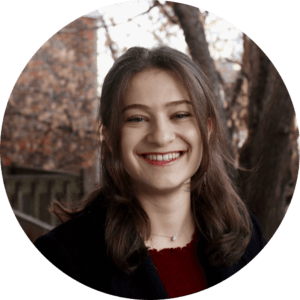 .
.
Adele Mark is a third-year undergraduate student studying Sociology and Global Development Studies at the University of Victoria. She was involved in the Pass It On program in high school at Gulf Islands Secondary School and was hired as Marketing and Communications Assistant, a temporary student position in early 2021, at The Circle. Adele has been involved with several projects that focus on youth education and female empowerment and looks forward to continuing this work with The Circle.

